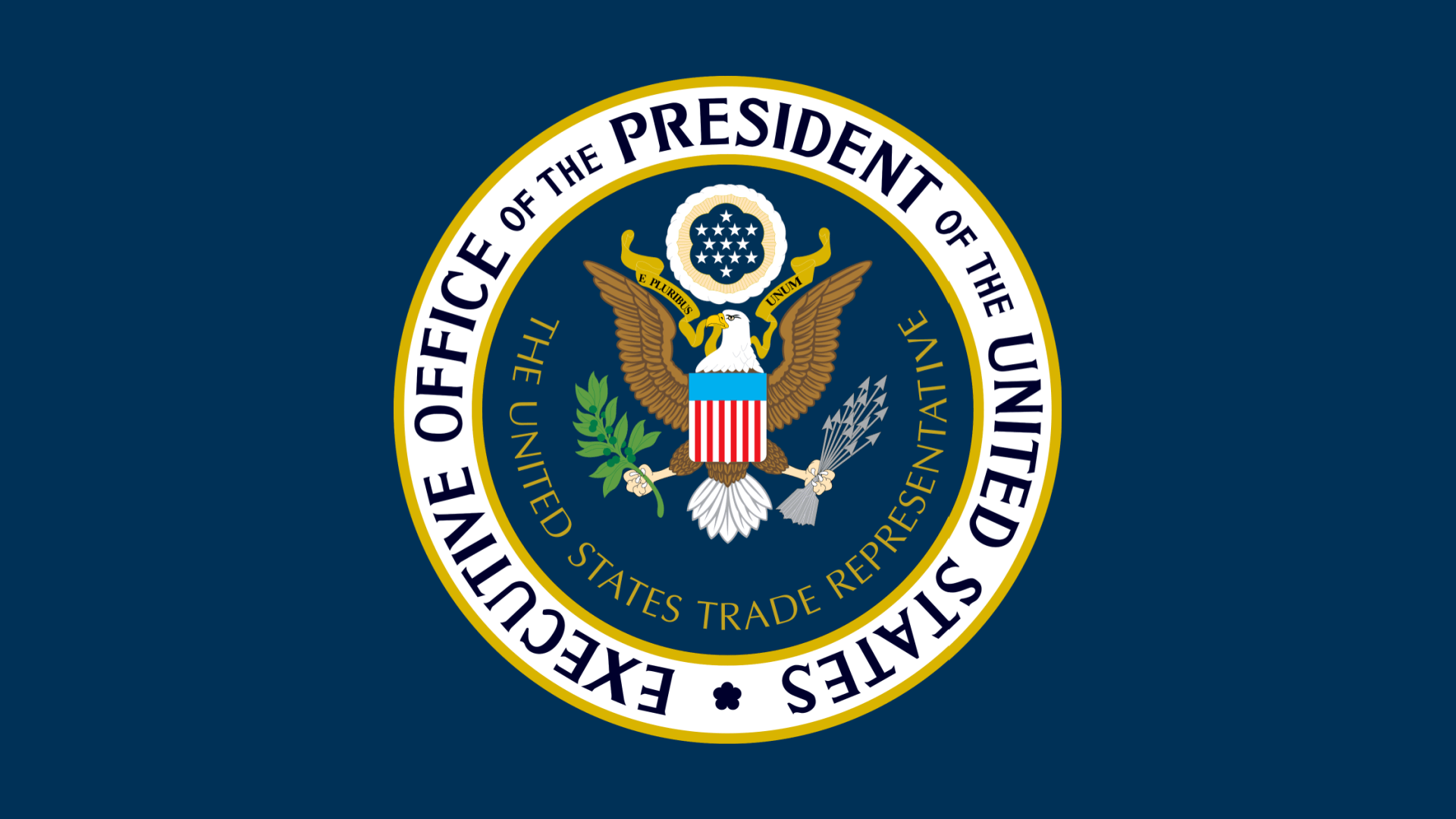
Amid boos from the sidelines, allies of Hillary Clinton and President Obama on Saturday beat back an effort by the Bernie Sanders campaign to have the Democratic Party officially oppose a congressional vote on the Trans-Pacific Partnership trade deal.
[Patrick Healy| July 9, 2016 |The New York Times]
At a sometimes-raucous meeting in Orlando, Fla., of the party’s platform committee, which is drawing up policy goals for the Democratic NationalConvention this month, lieutenants of Mr. Sanders argued that the trade deal would lead to a loss of jobs and competitive wages and that it would ultimately harm American workers and labor unions.
Given that Mrs. Clinton, the party’s presumptive presidential nominee, has said she opposes the trade deal, the Sanders allies argued that her supporters on the committee should agree to try to block any congressional vote to ratify the agreement.
But opposing a vote on the partnership would line up the party against Mr. Obama, who is championing the deal and who endorsed Mrs. Clinton last month. Her allies on the platform committee regarded the Sanders effort as a rebuke to the president and merely a symbolic move because the committee cannot dictate to Congress.
After losing on the platform committee, by a vote of 104 to 77, some Sanders supporters broke into boos and walked out of the meeting room while others shook their fists in a thumbs-down position.
The defeat for Mr. Sanders, whose criticism of free trade was a major rallying point during his race against Mrs. Clinton for the Democratic nomination, is not expected to stop him from ultimately endorsing her as the party’s nominee, according to two Democrats who spoke on the condition of anonymity to describe private conversations within the Sanders campaign.
In a sign that Mr. Sanders is moving closer to endorsing Mrs. Clinton, he held a conference call with reporters on Saturday morning — at the same time the platform committee was arguing over trade — to praise a new health care proposal that she had announced as the Orlando meeting was underway. Mrs. Clinton promised to double federal funding for primary care services at community health centers, at a cost of $40 billion over 10 years, and reaffirmed her support for allowing Americans 55 and older to buy into Medicare, which generally does not become available until age 65.
Mr. Sanders, in the conference call with reporters, made no mention of the trade deal fight, instead focusing on the positive and saying that his aides had worked with the Clinton campaign on “this extremely important initiative” and congratulating her for “an important step forward.”
Asked if he was now ready to endorse Mrs. Clinton, Mr. Sanders said, “I think it’s fair to say that the Clinton campaign and I, our campaign, are coming closer and closer together.”
He added, “We will have more to say in the very near future.”
Mr. Sanders is expected to endorse Mrs. Clinton on Tuesday morning at a campaign event in Portsmouth, N.H., according to several Democrats who are familiar with the planning. When asked if he would campaign with her on Tuesday, Mr. Sanders did not answer directly.
“We look forward to continue working with the Clinton campaign,” he said, “and we’ll have more to say as to where we go forward in the near future.”
Although the trade fight was heated in Orlando, with impassioned speeches from Sanders allies like Ben Jealous, a former leader of the N.A.A.C.P., and Nina Turner, a former state senator from Ohio, aides to Mr. Sanders were relatively conciliatory afterward. His policy director, Warren Gunnels, said that the Sanders team was “very disappointed” in the outcome and still denounced the “disastrous trade deal,” but that it also sought to look forward.
“The good news is that virtually everyone who spoke during the debate on trade made it clear that they opposed this unfettered free trade agreement,” Mr. Gunnels said in a statement. “Senator Sanders, Secretary Clinton and the overwhelming majority of Democrats agree: The T.P.P. should not come up for a vote after the election. If Democrats are going to prevail in November, we must make clear to the American people that we stand firmly against the T.P.P.”
Advocates of the trade deal are hoping that Congress will ratify it during a lame-duck session after the November election — the scenario that Mr. Sanders and his allies wanted the Democrats to go on record as opposing in the platform. Mrs. Clinton, who once supported the trade deal but reversed herself during the nomination contest with Mr. Sanders, has signaled that she opposes a lame-duck vote, telling a group opposing the partnership, “I have said I oppose the T.P.P. agreement — and that means before and after the election.”
Sanders allies will now weigh whether to undertake a platform battle over the trade deal at the convention in Philadelphia in two weeks. Many in the party’s left wing want such a fight and are skeptical of Mrs. Clinton’s resolve against free trade deals, since she has supported some in the past and her husband, former President Bill Clinton, pushed for the ratification of the North American Free Trade Agreement.
But given Mrs. Clinton’s need to unite the party, and Mr. Sanders’s desire to defeat the presumptive Republican nominee, Donald J. Trump, Mr. Sanders may ultimately choose not to mount a distracting and divisive war on the convention floor over trade.













